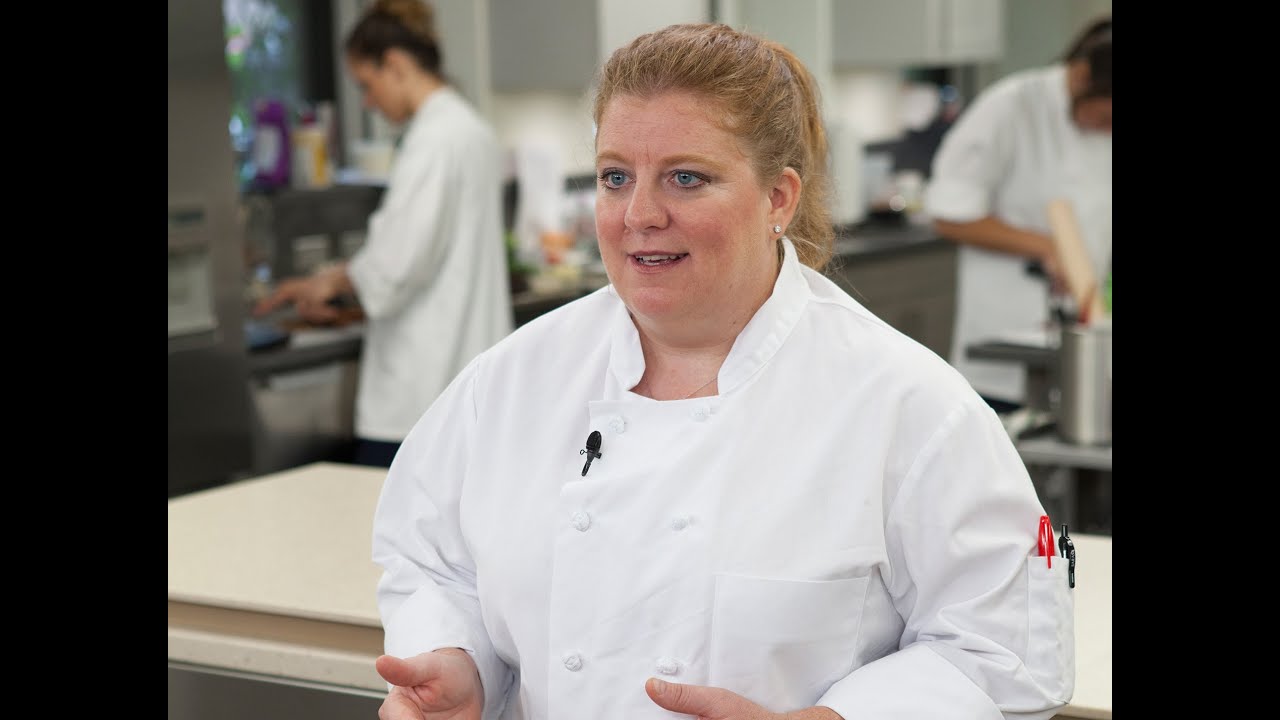➜ The Cook’s Illustrated Thanksgiving Guide:
You can trust the editors of Cook’s Illustrated—experts of all things Thanksgiving—to deliver recipes that work.
WATCH: How to Brine a Turkey & How to Salt a Turkey
WATCH: Best Thanksgiving Gadgets
Basting is a time-honored method for keeping a turkey or chicken moist and helping brown the skin to improve both appearance and flavor. We wondered, though, if tradition has it right, so we ran a few tests.
EXPERIMENT
We roasted three turkey breasts (which we chose over whole turkeys to minimize variables) in 350-degree ovens until they reached 160 degrees. One breast we left in the oven undisturbed to act as a control. The second we roasted in another oven and basted every 20 minutes. The third we didn’t baste, but we opened and closed the oven door every time we basted the second breast to evaluate the effect of simply opening the door. We weighed all three turkey breasts before and after cooking to determine the percentage of moisture lost and recorded the total cooking time. We also roasted three whole chickens (again, easier to manage than whole turkeys) under the same circumstances and compared the level of browning.
RESULTS
The total cooking time was 59 minutes for the control, 66 minutes for the unbasted breast exposed to the opening and closing oven door, and 69 minutes for the basted breast. Most important, the moisture loss of all three was comparable, ranging from 22.4 to 24.0 percent—a statistically insignificant difference—and tasters found all the birds comparably moist. In terms of browning, the basted chicken was evenly bronzed, while the other two exhibited slightly lighter, less glossy browning that was also a bit patchy.
EXPLANATION
Basting purportedly keeps meat more moist by cooling the surface and thus slowing down the rate at which the meat cooks. And the more gently the meat cooks, the juicier it will remain. Basting did slow the cooking down more than just opening and closing the oven door but not enough to make a difference in moisture loss. In terms of browning, the drippings used for basting contain a lot of fat and protein, which encourage browning because they provide some of the starting materials (amino acids) for the Maillard reaction.
TAKEAWAY
Basting not only makes a negligible difference in moisture loss but also prolongs the cooking time and requires more hands-on work. For a really juicy turkey, we prefer a more hands-off approach such as brining or salting, which not only helps turkey retain moisture but also seasons the bird. And while basting did improve appearance, we don’t think the difference is significant enough to make it worth it.
America’s Test Kitchen is a real 2,500 square foot test kitchen located just outside of Boston that is home to more than three dozen full-time cooks and product testers. Our mission is simple: to develop the absolute best recipes for all of your favorite foods. To do this, we test each recipe 30, 40, sometimes as many as 70 times, until we arrive at the combination of ingredients, technique, temperature, cooking time, and equipment that yields the best, most-foolproof recipe.
Each week, the cast of America’s Test Kitchen brings the recipes, testings, and tastings from Cook’s Illustrated magazine to life on our public television series. With more than 2 million viewers per episode, we are the most-watched cooking show on public television.
More than 1.3 million home cooks rely on Cook’s Illustrated and Cook’s Country magazines to provide trusted recipes that work, honest ratings of equipment and supermarket ingredients, and kitchen tips.
Related posts
10 Comments
Leave a Reply Cancel reply
You must be logged in to post a comment.


Thank you!!!!
You uhh, basting that turkey today?
FACT: basting your turkey DRIES it out because of losing moisture in oven and adding to cook time
Right! Finally someone agrees with me. I've been called lazy, and everything else but everyone says I have the moistest bird at the holiday seasons.
Yes! Freedom from the cooking turkey!
I cook my turkey upside down, that way all the juices flow down into the breast meat. Its so tender and juicy that the meat literally falls off the bones. The youtube channel: everyday food with Sarah Carey shows this method.
I'm thinking of injecting the turkey breast with brine this year, i have seen it done and think it's quicker and more effective than a) basting the turkey, b) soaking the turkey in brine for 24 hours.
WTF! I've been basting since forever and my turkey is always juicy. I guess the basting had nothing to do with it; I guess it makes sense as it runs off the breast. Damn Martha Stewart and her basting process. The one thing I hate about making a turkey was freaking basting it every 30 minutes; guess I won't anymore.
Tips on brining a turkey?
Any videos coming up on how to brine a turkey?